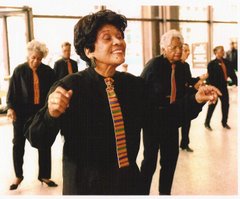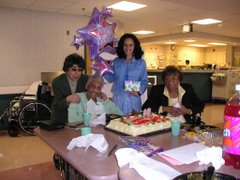
We can NEVER hear this reminder too often!!
Here is an article from caregiver.org, reminding us of stroke warning signs.:
Stroke is our nations #3 killer and our best defense is to recognize the warning signs. It is possible to decrease your chances of having a stroke through education and a healthy lifestyle. Your brain needs blood, oxygen, and nutrients to function. A stroke occurs when a blood vessel that feeds the brain these vital elements becomes clogged or bursts. That part of the brain is damaged and will not work, along with the part of the body it controls. Transient ischemic attacks, or TIA’s occur before the onset of a major stroke. They are considered to be a ‘warning stroke’. TIA’s happen when a blood clot clogs an artery for a short time. The signs of a stroke and TIA are similar; the difference is TIA’s usually last only a few minutes.
What are the warning signs of stroke or TIA? You may have some or all of these symptoms:
Unable to feel one side of the face or body
Sudden weakness in an arm, hand, or leg
Confusion
Trouble speaking
Dizziness or loss of balance
Sudden onset of a terribly painful headache
Unable to see out of one eye or double vision
If we as caregivers recognize these warning signs and take action quickly, we could save the life of the person we are caring for or prevent a bad stroke.
A healthy lifestyle is important in possible stroke prevention, which means reducing the known factors. Uncontrolled high blood pressure, heart disease and smoking are major causes of stroke.
High blood pressure can be reduced by:
Loosing weight if it is necessary
Eating a healthy diet low in salt and fat
Becoming more active
Limiting alcohol intake to no more than 2 drinks per day
Taking medicine the way it is prescribed by your doctor
Heart and blood vessel problems develop when arteries that feed blood to the heart and brain slowly become clogged with a buildup of cells, fat and cholesterol. When the blood cannot get through, you could have a heart attack or stroke.
Heart disease may be prevented by:
Stopping smoking
Lowering your blood pressure
Eating a healthy diet
Being physically active
Getting regular medical checkups
Quitting smoking will dramatically reduce your risk of having a stroke. Although it is difficult, there are measures to help cope with the stress of not smoking. You can write down the reasons why you quit and look at the list often. You may also want to go places where there is no smoking allowed. For more information, contact the American Heart Association for tips on how to quit smoking.
A healthy diet and regular exercise program help reduce chances of an attack also. As caregivers, knowing the warning signs and encouraging a healthy lifestyle is the best armor in the battle to save our care recipients—and ourselves--from having a major stroke.












.jpg)